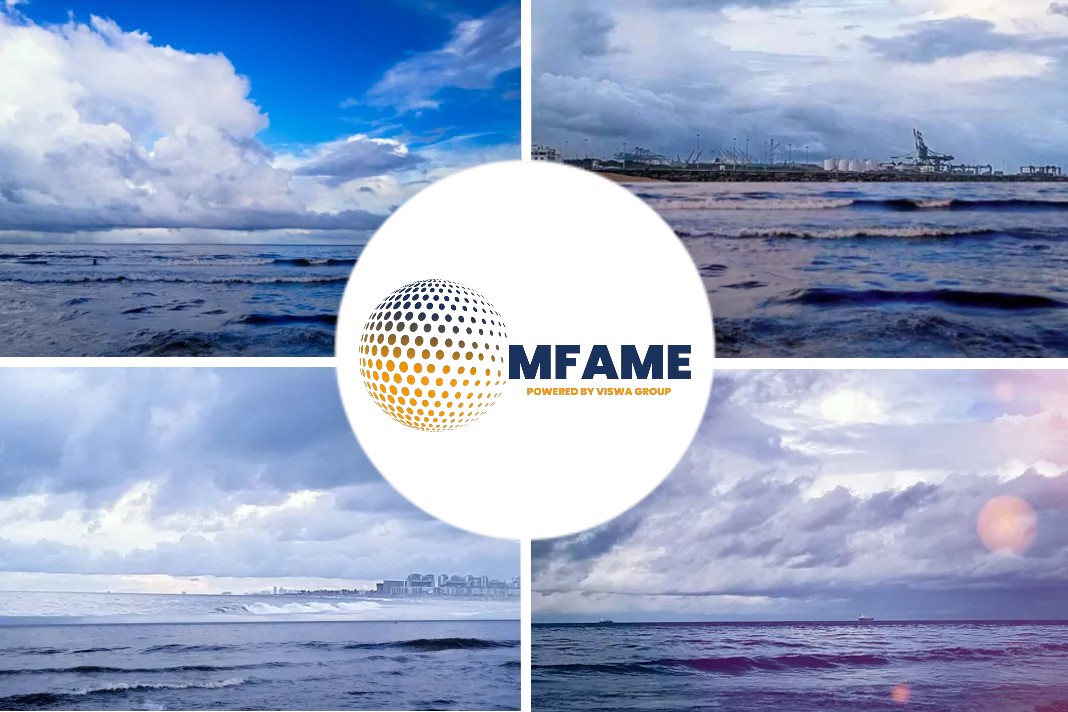The world’s largest shipbuilder, Hyundai Heavy Industries (HHI), says that its Integrated Smart Ship Solution (ISSS) is the first of its kind in the global shipbuilding industry and can provide economical and reliable navigation and management of ships.
The solution is based on HHI’s proprietary ICT (information and communication technologies). It standardizes ways of navigation, varying depending on levels of skills and experiences of navigators, and collects and analyzes real-time information on navigation to enhance efficiency and safety. The solution is expected to cut annual operating cost by 6%.
The demand for smart ships is expected to grow with IMO’s introduction of e-Navigation,
HHI developed its first smart ship technology in 2011has since applied the system to about 300 ships delivered thus far.
In May this year HHI signed a memorandum of understanding on establishing a partnership in the smart ship sector with the National Shipping Company of Saudi Arabia (Bahri).
Lloyd’s Register’s Luis Benito, Innovation, Strategy and Research Director, Marine and Offshore said, “HHI’s technology seeks to align with delivering the key benefits we believe the maritime industry will most benefit from through the adoption of connected, digital and autonomous technologies as the next generation of shipping embraces digitalization. According to Clarkson Research, about 6,500 ships are to be ordered globally for the next five years. Considering the global shipbuilding market share HHI takes up now, ISSS is to be installed on approximately 700 ships for the comparable time period.”
ISSS is developed on the back of INTEGRICT, an intelligent energy management system developed by Hyundai Electric, a company recently spun off by HHI,
ISSS provides a wide range of ship information to operators including optimal navigation routes and navigation speed along with a slope status of the front and back hull of a ship that minimize resistances a ship takes on voyage. The solution allows safer and more efficient management of ships by collecting and analyzing energy data and monitoring status of engines and propellers.
The solution has already completed field tests and has been applied in a 6,500 PCTC and a 250,000 DWT VLOC.
Did you subscribe for our daily newsletter?
It’s Free! Click here to Subscribe!
Source: Hyundai Heavy Industries

















